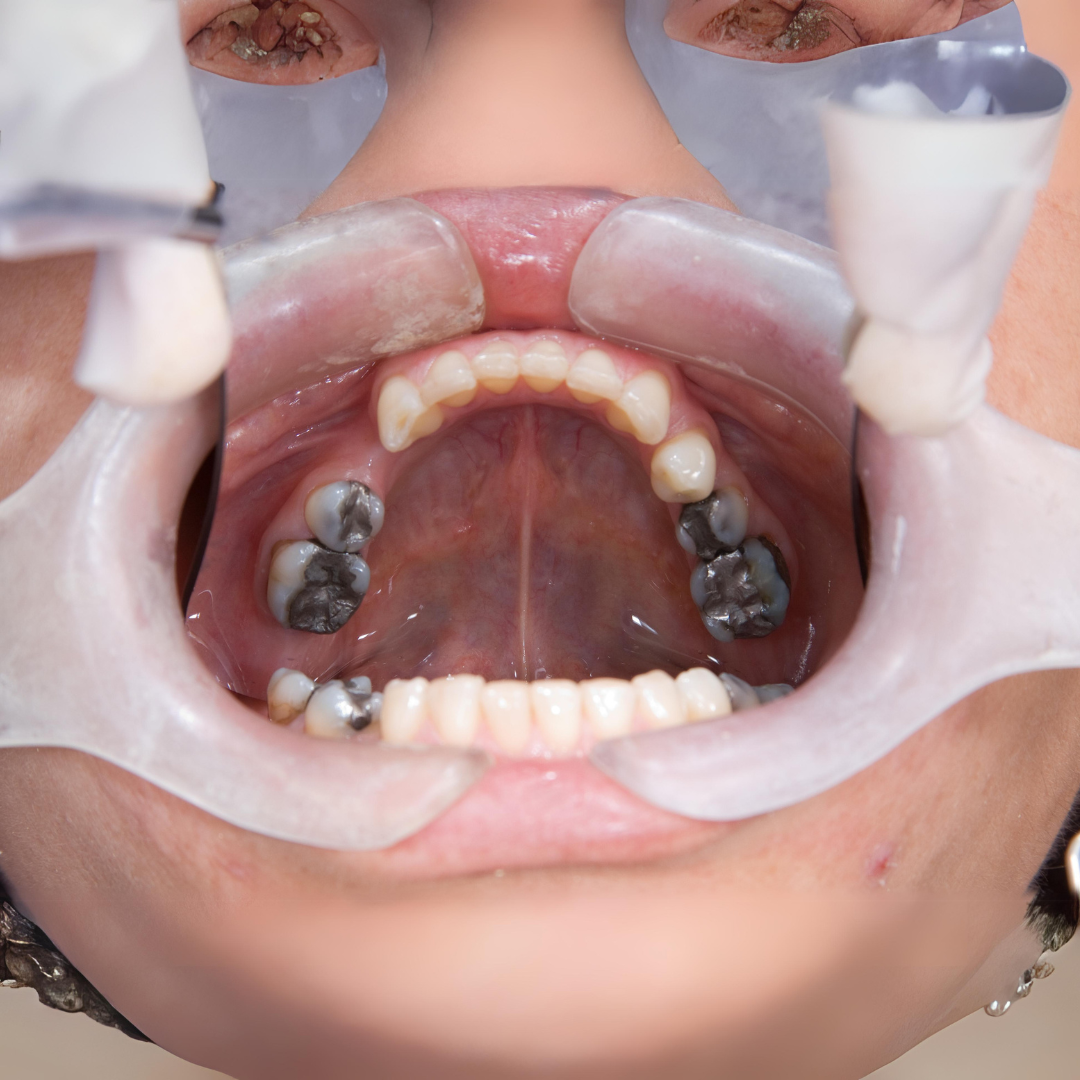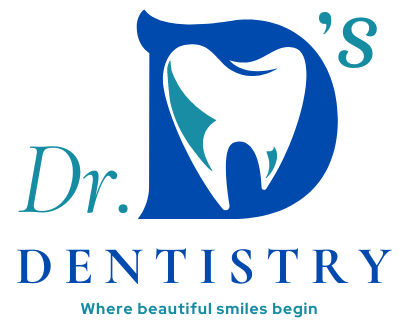Pregnancy is an exciting time, but it also brings about significant changes in your body, including your mouth. The hormonal fluctuations during pregnancy can make you more susceptible to certain dental issues, which is why it’s crucial to stay on top of your oral health. In this guide, we’ll explore common dental issues during pregnancy and provide tips on how to address them for a healthy smile throughout your pregnancy journey.
Why Oral Health is Important During Pregnancy
Good oral health is an essential part of overall well-being, especially during pregnancy. Hormonal changes can increase the risk of developing dental problems such as gum disease and cavities, which can impact both your health and your baby’s. Research suggests that severe gum disease (periodontitis) during pregnancy may be linked to premature birth and low birth weight. By keeping your mouth healthy, you are also contributing to a healthy pregnancy.
Common Dental Issues During Pregnancy
Here are some of the most common dental issues women may experience while pregnant, along with practical advice on how to manage them:
1. Pregnancy Gingivitis
What it is:
Pregnancy gingivitis is one of the most common oral health problems pregnant women face. Hormonal changes increase the body’s inflammatory response to plaque, making your gums more sensitive and prone to swelling, redness, and bleeding during brushing or flossing.
How to address it:
- Brush and floss regularly: Continue brushing twice daily with fluoride toothpaste and flossing daily to remove plaque and reduce gum inflammation.
- Use a soft-bristled toothbrush: This will be gentler on your sensitive gums.
- Rinse with saltwater: A warm saltwater rinse (1 teaspoon of salt in a cup of warm water) can help reduce swelling and soothe irritated gums.
- Visit your dentist regularly: Regular cleanings can help keep plaque under control and manage gingivitis before it becomes more severe.
2. Increased Risk of Cavities
What it is:
Pregnancy can increase your risk of tooth decay for a variety of reasons. Hormonal changes can alter the way your body responds to bacteria, and morning sickness can expose your teeth to stomach acids that weaken enamel. Additionally, pregnancy cravings for sugary or carbohydrate-rich snacks can contribute to plaque buildup and cavities.
How to address it:
- Rinse after morning sickness: If you vomit due to morning sickness, rinse your mouth with water or a baking soda solution (1 teaspoon of baking soda in a cup of water) to neutralize the acid before brushing your teeth.
- Brush and floss consistently: Keeping up with your oral hygiene routine is key to preventing cavities.
- Limit sugary snacks: Try to satisfy cravings with healthier options that are less likely to contribute to cavities. If you indulge in sweets, rinse or brush your teeth afterward.
- Stay hydrated: Drink plenty of water throughout the day to wash away food particles and promote saliva production, which helps protect your teeth.
3. Pregnancy Tumors (Pyogenic Granuloma)
What it is:
Pregnancy tumors, also known as pyogenic granulomas, are benign growths that can form on the gums during pregnancy. These growths are often red, swollen, and may bleed easily. Although they can be alarming, pregnancy tumors are not cancerous and typically disappear after delivery.
How to address it:
- Maintain good oral hygiene: Proper brushing and flossing can help reduce the buildup of plaque, which contributes to the development of pregnancy tumors.
- See your dentist if concerned: If the tumor becomes painful, bleeds excessively, or interferes with eating, your dentist can remove it, though this is usually done only if absolutely necessary.
- Wait it out: Most pregnancy tumors shrink and go away on their own after delivery, so they often don’t require treatment unless they cause significant discomfort.
4. Dry Mouth
What it is:
Many pregnant women experience dry mouth (xerostomia), which can be uncomfortable and increase the risk of tooth decay due to a lack of saliva, which plays a crucial role in washing away food particles and neutralizing acids in the mouth.
How to address it:
- Stay hydrated: Drink plenty of water throughout the day to keep your mouth moist.
- Chew sugar-free gum: Chewing sugar-free gum can help stimulate saliva production, which will help protect your teeth and gums.
- Limit caffeine: Caffeinated drinks can dry out your mouth, so try to limit your intake, opting for water instead.
5. Tooth Erosion from Morning Sickness
What it is:
Morning sickness, especially frequent vomiting, exposes your teeth to stomach acids that can erode tooth enamel. Over time, this can make your teeth more vulnerable to cavities, sensitivity, and other issues.
How to address it:
- Rinse after vomiting: After an episode of morning sickness, rinse your mouth with water or a mixture of water and baking soda to neutralize the acid before brushing.
- Wait before brushing: Don’t brush your teeth immediately after vomiting. Acid softens the enamel, so brushing too soon can cause damage. Wait at least 30 minutes before brushing.
- Consider fluoride treatments: Ask your dentist about fluoride treatments to strengthen your enamel during pregnancy.
Safe Dental Treatments During Pregnancy
Dental care is not only safe during pregnancy but also highly recommended. Regular cleanings and check-ups can help prevent dental issues and address any problems early. The second trimester is generally considered the best time for dental procedures, but necessary treatments can be performed at any stage of pregnancy.
Here’s a quick guide to what dental treatments are safe during pregnancy:
- Cleanings and exams: Routine cleanings and check-ups are safe and should be continued during pregnancy.
- X-rays: Dental X-rays are typically avoided unless necessary. When needed, modern X-rays are safe, as dentists use protective shields to minimize radiation exposure.
- Fillings and minor procedures: Most fillings and non-emergency procedures are safe during the second trimester. Non-urgent dental work is often postponed until after delivery to minimize stress.
- Emergency treatments: Root canals and other emergency treatments can be performed during pregnancy. It’s important to treat infections promptly to avoid complications.
Tips for Maintaining Oral Health During Pregnancy
In addition to regular dental visits, you can take proactive steps to maintain your oral health throughout pregnancy:
- Brush twice daily and floss once a day to remove plaque and prevent gum disease and cavities.
- Eat a balanced diet rich in calcium, vitamin D, and other nutrients that support strong teeth and bones.
- Stay hydrated to combat dry mouth and help protect your teeth from decay.
- Limit sugary and acidic foods to reduce your risk of cavities.
- Visit your dentist regularly to stay on top of your oral health and address any issues early.
Conclusion: Prioritize Your Oral Health During Pregnancy
Pregnancy brings changes to your body, including your mouth, but with proper care, you can protect your oral health and reduce the risk of complications. Regular dental visits, consistent oral hygiene, and addressing dental issues early are key to maintaining a healthy smile throughout pregnancy. A little extra attention to your oral health can benefit both you and your baby, helping ensure a smooth and healthy pregnancy.



